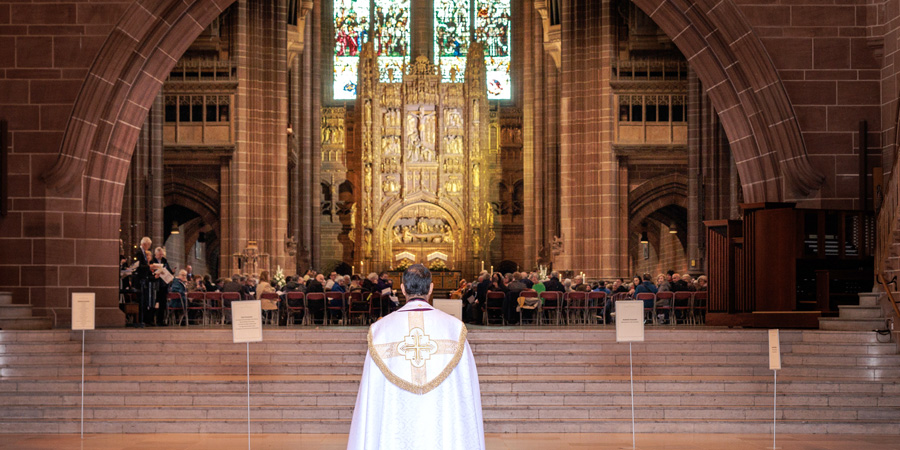
We were delighted to see the installation of the Rt Revd Dr John Perumbalat at Liverpool Cathedral last Saturday.
As is traditional the bishop sought entry to the cathedral by knocking on the great West Doors. The bishop used the mallet used by King Edward VII to lay the foundation stone in 1904, one which subsequent bishops have also used on their installation.
After traversing the nave, Bishop John paused to trace on the alpha and omega motif before being challenged in the traditional manner by a churchwarden and pupil from the Deanery School in Wigan. The service then proceeded with the bishop declaring and receiving paths before being installed in his cathedra seat in the presbytery.
Bishop John preached on John 1: 1 - 14 saying that passage talks "about three things to me – about God, about ourselves, and about our world. All three are important in my life and work. And I believe that our message and mission are not life-denying but life-affirming." You can read the full sermon below.
The service ended with the bishop blessing the city and diocese before greeting the many guests who attended the service.
Bishop John said "The installation service was a joy. To be alongside so many people representing the different aspects of the religious and civic life I am called to is a tremendous privilege. I have been overwhelmed with greetings, support, and prayer as I enter this new phase of ministry among you. It has been so heartening to read your messages and emails, so I thank you. "
Bishop John's installation sermon
The Word became Flesh
John 1: 1-14
‘There was a man sent from God, whose name was John.’ My dad used to remind me that I was named after John the Baptist, not John the Apostle. I am to be an ordinary man with courage and resilience, and just a witness to the light. These days, parishes in vacancy advertise for an archangel, and dioceses in vacancy aspire to have God himself incarnate in some form with the power and ability to solve all the problems they face. I don’t know what your expectations are but let me just humbly remind you that I am an ordinary human being who responded to God’s call to join you in your journey of faith and mission.
There is so much talk about leadership these days, about handling power and authority and about remaining in control of the process. John’s Gospel begins with telling the story of God and how God decided to lead us – by becoming one among us. Power comes to its full strength in weakness.
The word made flesh talks at least about three things to me – about God, about ourselves, and about our world. All three are important in my life and work. And I believe that our message and mission are not life-denying but life-affirming.
‘The word made flesh’ challenges our understanding of God. We have been dressing up God in comic costumes down through the centuries. I grew up with an image of God who was distant, staying somewhere beyond the blue and trying to find fault with me and punish me. But in the Gospel reading today, I find a God who makes himself vulnerable. He does not live away from the rough and tumble of the world but comes down to the ghettos of this world.
The God who is lying in a manger or living among the ordinary people in Galilee is a God who declares solidarity with the weak and lowly. He is very much a victim of the social and political injustice of his time. He is not found in special places of dignity and respect but in ordinary human circumstances. The Gospel challenges us to be prepared to meet God in least expected places. In our mission, ministry and service in this great city and the diocese, I pray that we will witness to a God who himself is vulnerable, able to relate to our circumstances and struggles, and always standing alongside us as we strive for justice, fairness, peace and truth in our church and in our society.
So the fact that God became a human being talks about the kind of God we believe in. But it also talks about our human nature. God became flesh. It means that our frail and decaying body can still reflect God’s glory and grace. Greek and Eastern religions thought that human body is evil; only our soul or spirit is divine.
But Incarnation raises the question – “If God can enter flesh, can that flesh be evil?” The obvious answer is an emphatic “no.” Life in human flesh and body is worth living. God in ordinary human flesh and body challenges us to be comfortable with, or feel at home with our own human nature. He also reminds us that we are acceptable to him just as we are.
If we believe that our human nature in some way reflect the glory and grace of God, that must determine our approach to every other human being, especially those who live in the margins of the society and those who are different from us. Respect, love and care for each other will become hall marks of our life as congregations, as local communities and as the wider society. Our mission is one that affirms our human nature and life.
The third challenge for me from this verse is about my understanding of our world. “Word became flesh and dwelt among us.” The concept of God making a dwelling is familiar to John’s readers. In the Old Testament, God’s presence was localised in the tabernacle, a big tent in the midst of their dwellings. He makes his tent in our midst. In this world, in Bethlehem, in the Palestine. God dwells in this world.
This means that ‘the Word that became flesh’ challenges us to re-examine our attitude or approach to this world. One of my favourite songs during my school days was by Jim Reeves: “this world is not my home; I am just a passing-through; treasures are laid up somewhere beyond the blue.” But as I grew up, I began to question the basic approach to this world implied in that song. Today I would rather sing, “this world is my home, I am not just a passing-through” because the same Gospel will say later: “God so loved the world that he gave his only begotten son...” God created this world. Loved this world, came to this world and sent us into this world. This is where we are now called to be.
Let us love this world as God loves it, care for the inhabitants – our global neighbours near and far - and use the natural resources with care and work towards a world of peace and justice. This is God’s world. Don’t destroy it! Our calling is to build it and be co-creators with God of a new earth.
Let us summarise. This Gospel message is about God, about ourselves and about our world. If this Gospel is to become real to us, we need to feel comfortable with God, with ourselves and with our human circumstances - our world. We need to have a new image of God: God with a human face; and be willing to encounter God in fresh and unconventional ways.
We need to affirm ourselves rather than condemning or denying because our nature was good enough for God to take it upon himself. We also need to have a radical commitment to our world – the people and the resources – because our good news is all about God loving this world.
This is the good news I preach and hope to live out in your midst. It was great to visit many churches, community centres, charities and institutions in this diocese since last Monday and see how faith is lived out in various contexts and how we work in partnership with others for the common good. I am excited to be joining you in the next phase of your journey. May God bless and flourish all that we do in the name of the Word that became flesh.
Perumbalath
A selection of photos from the service
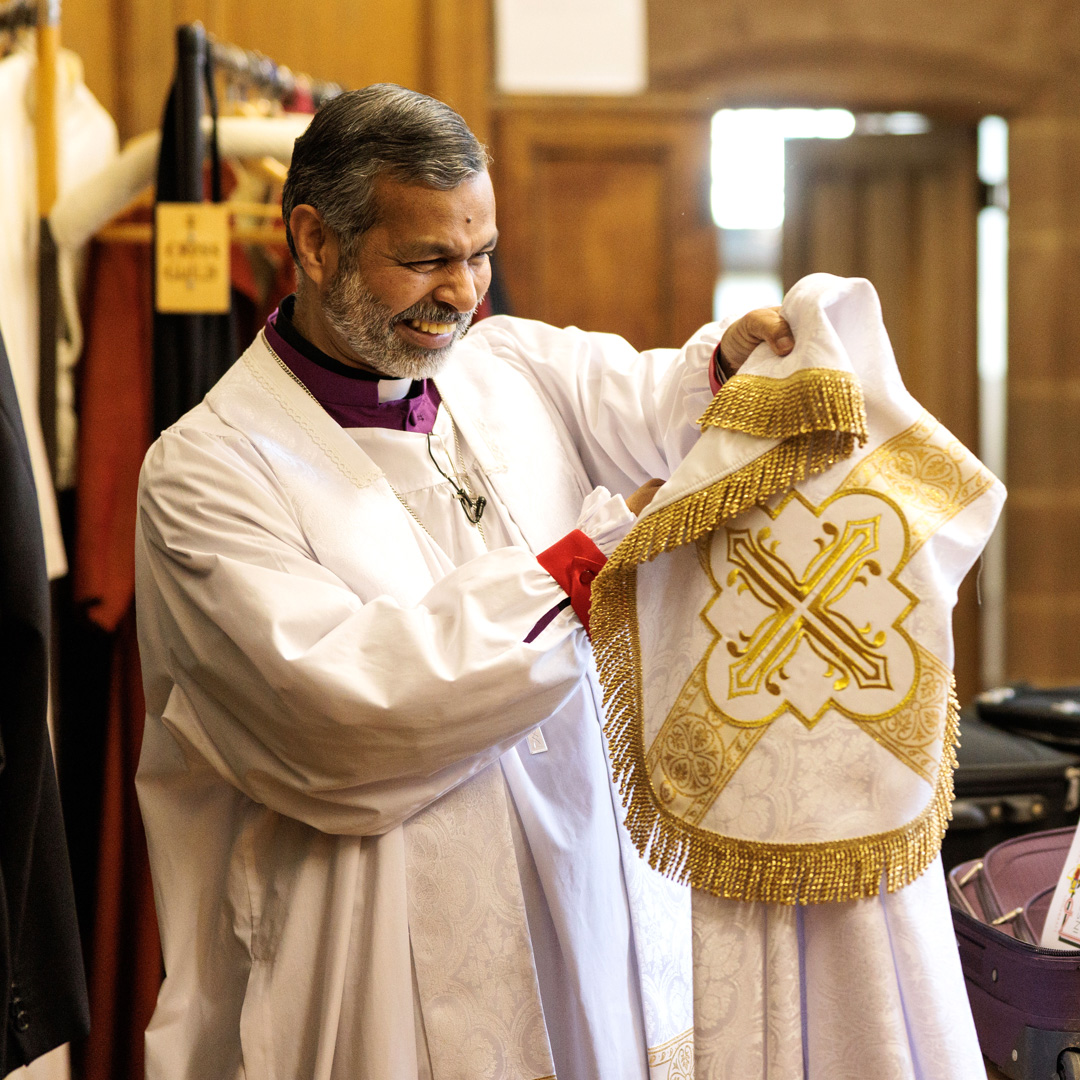 |
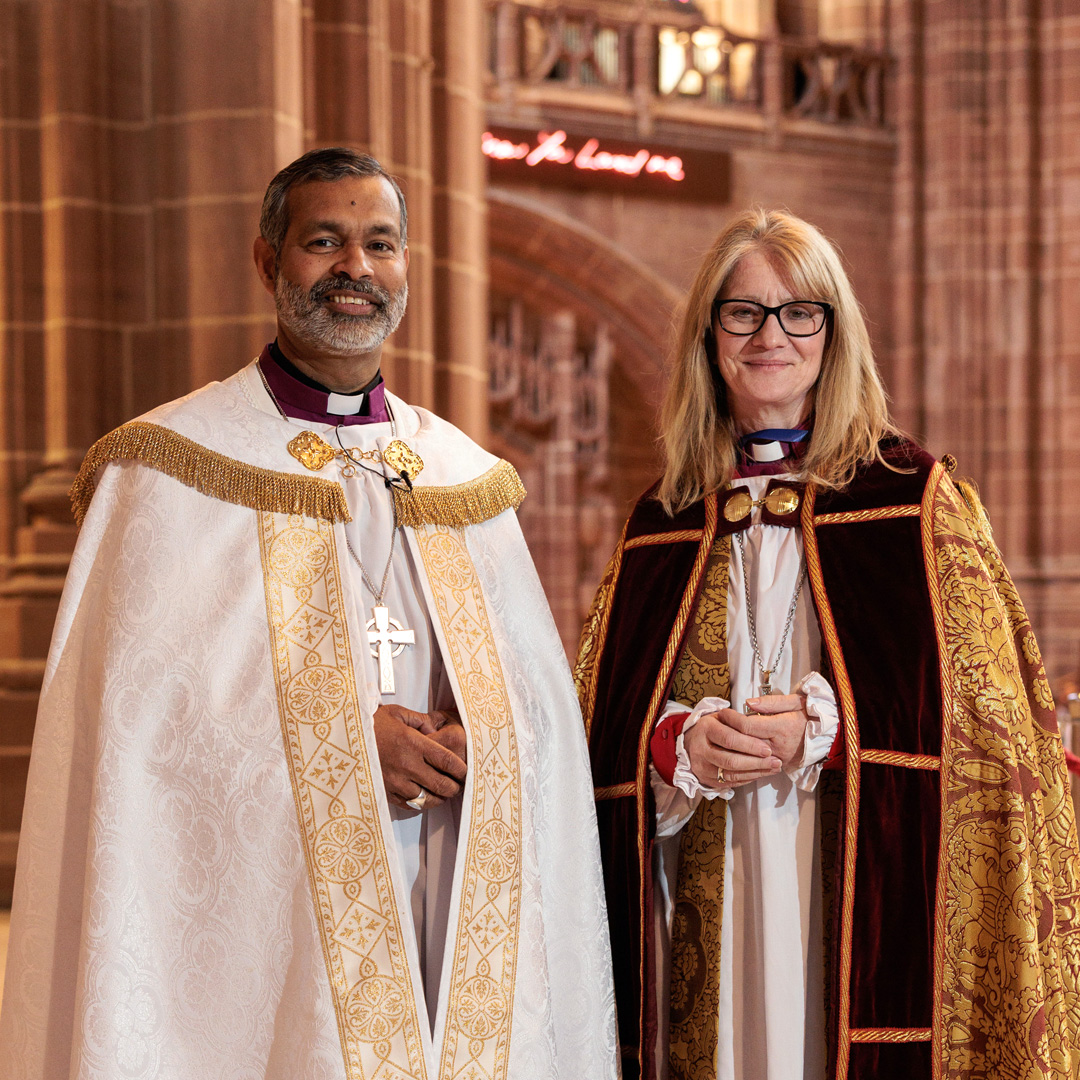 |
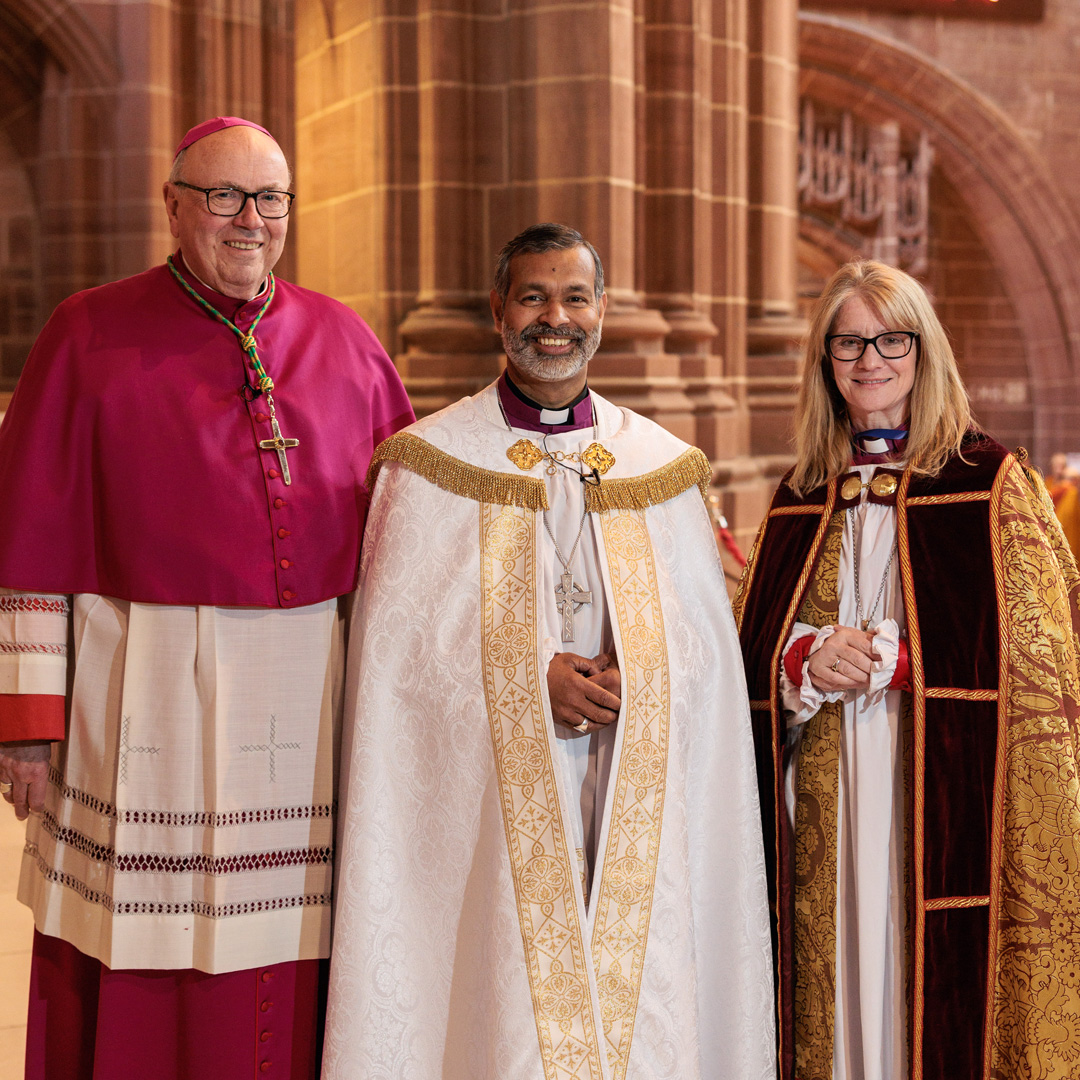 |
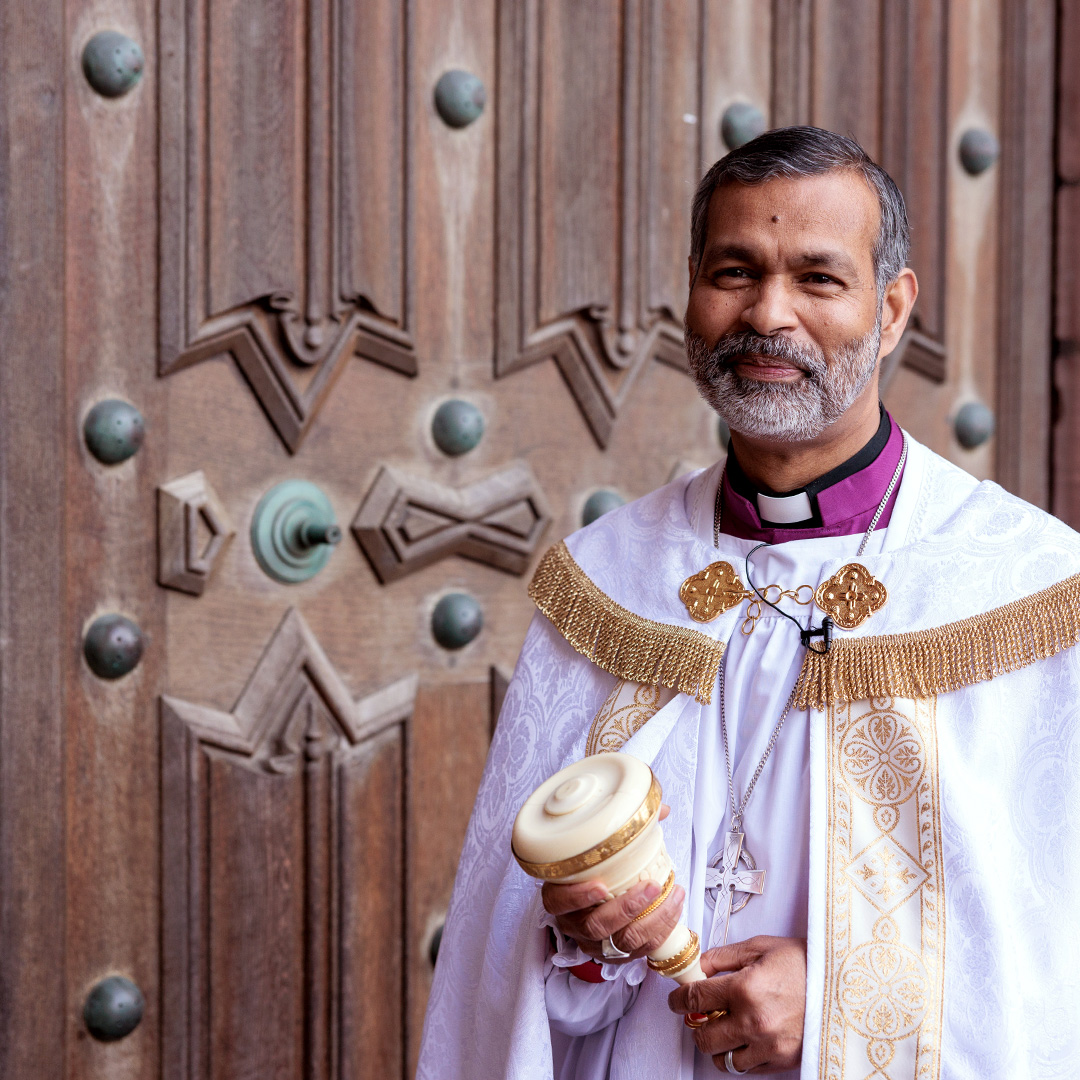 |
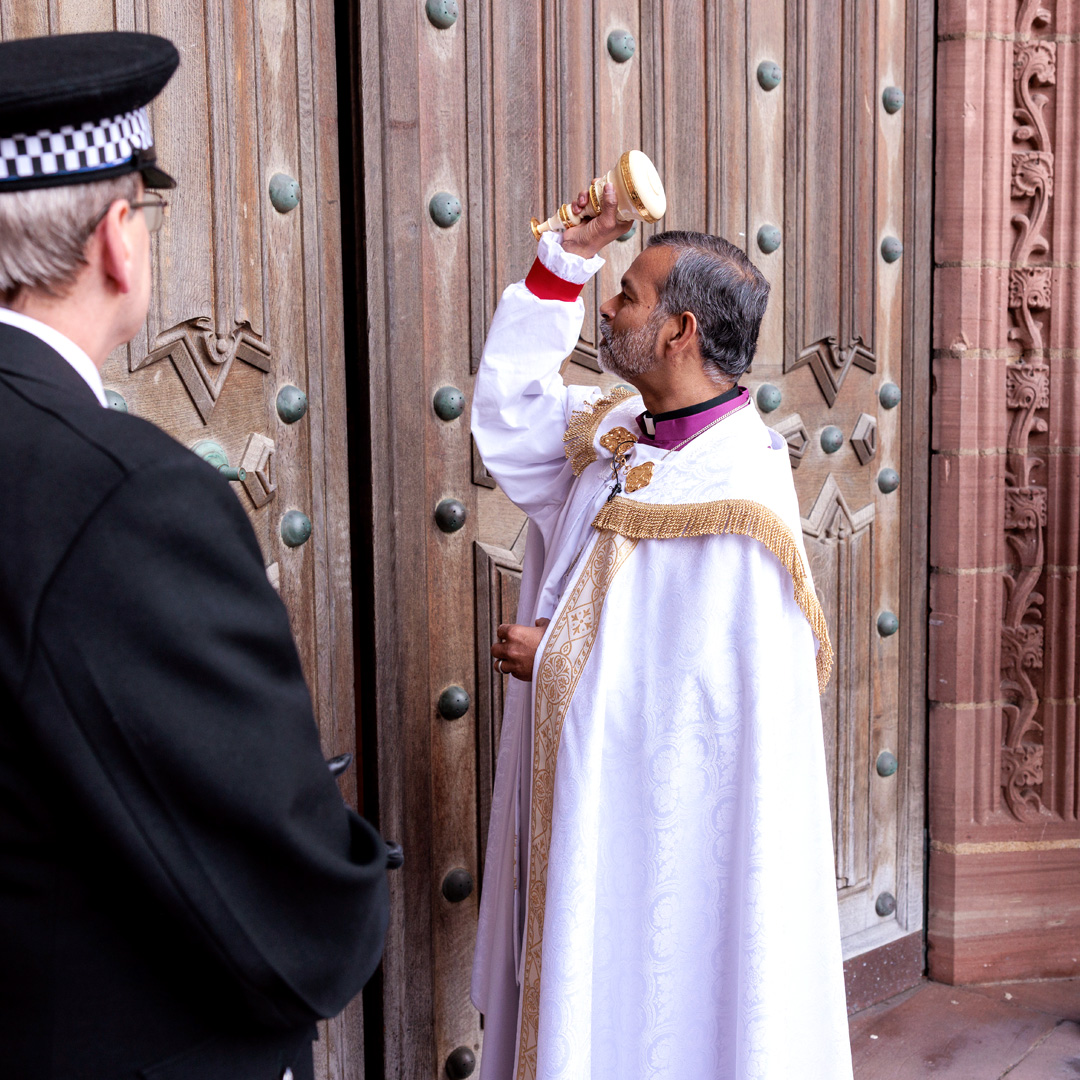 |
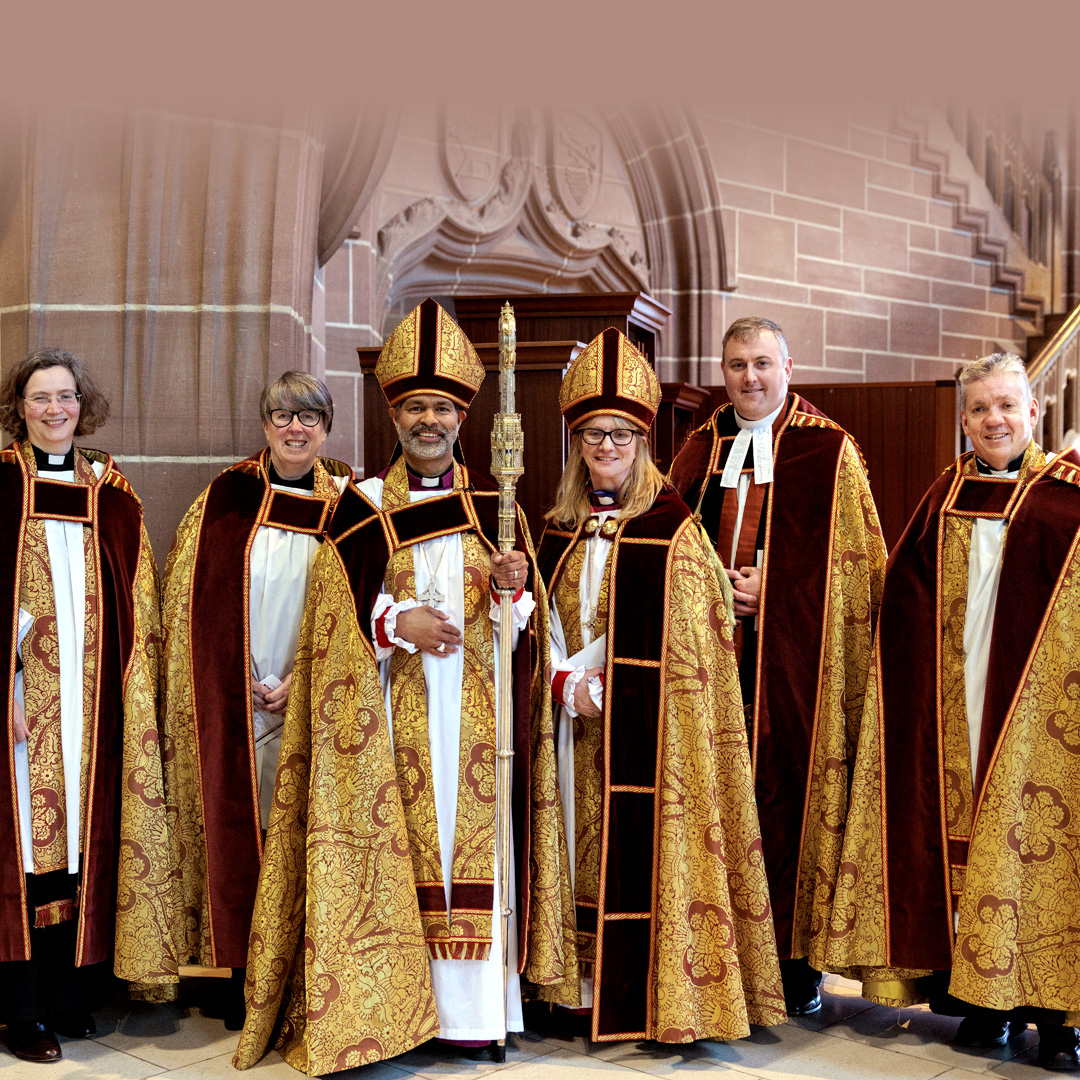 |
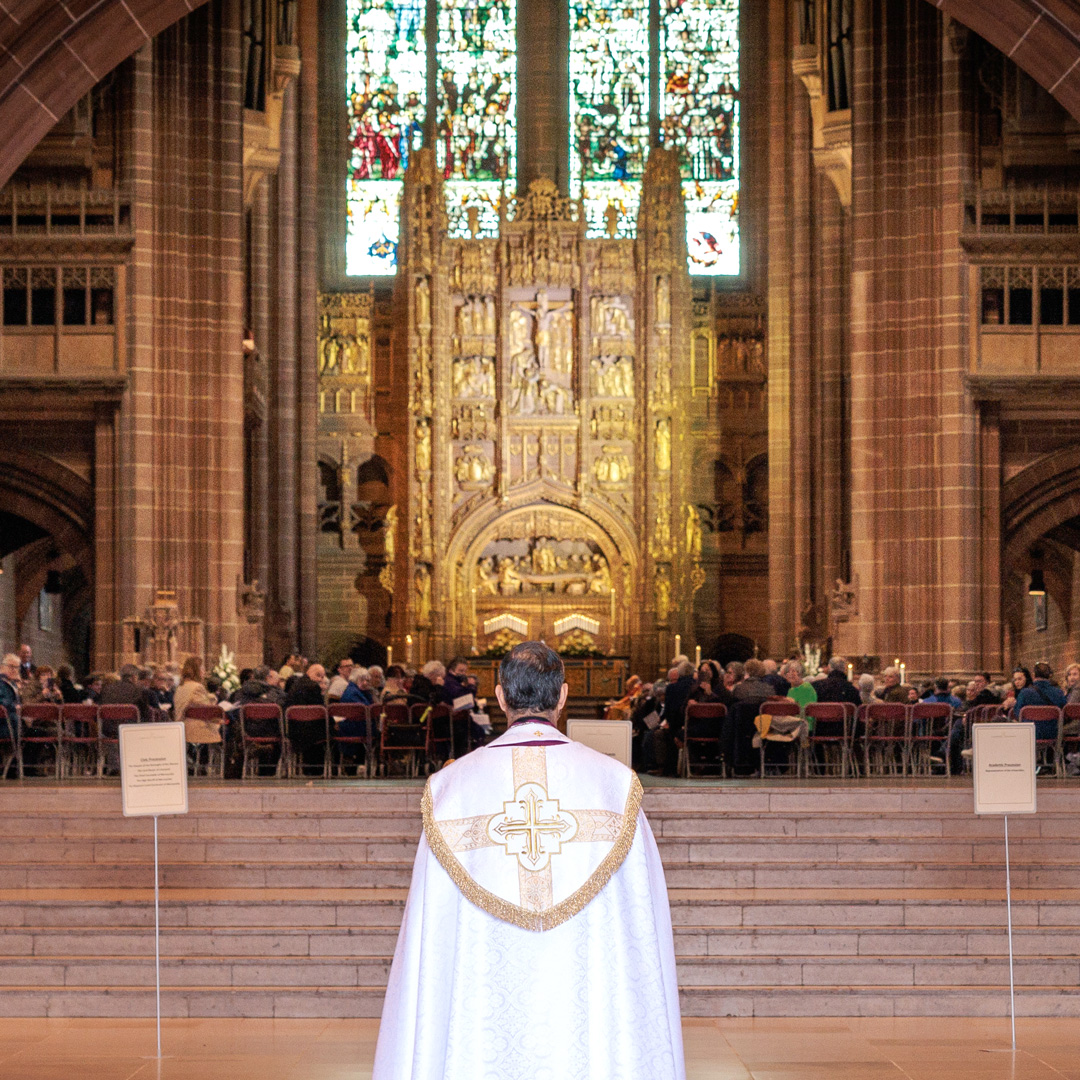 |
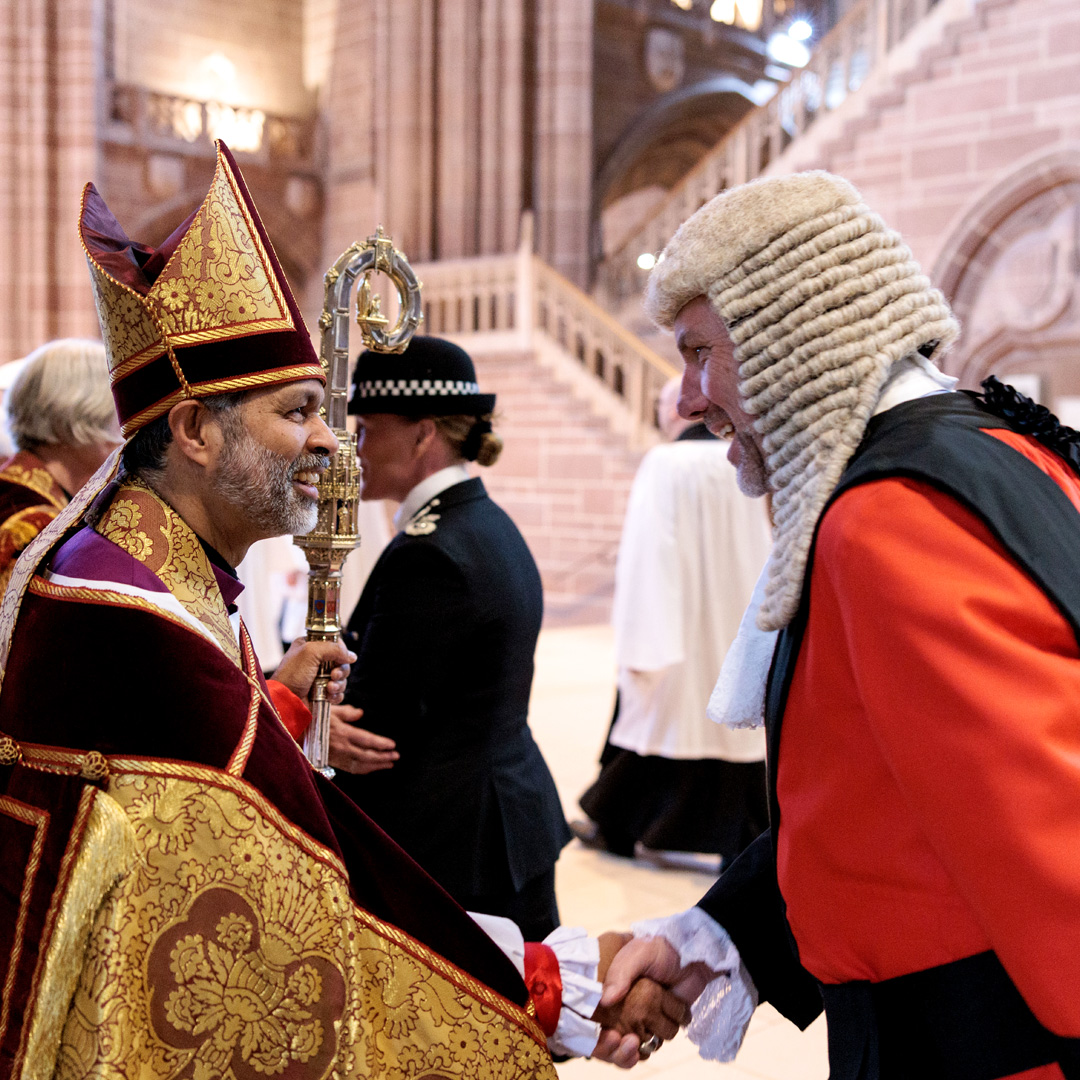 |
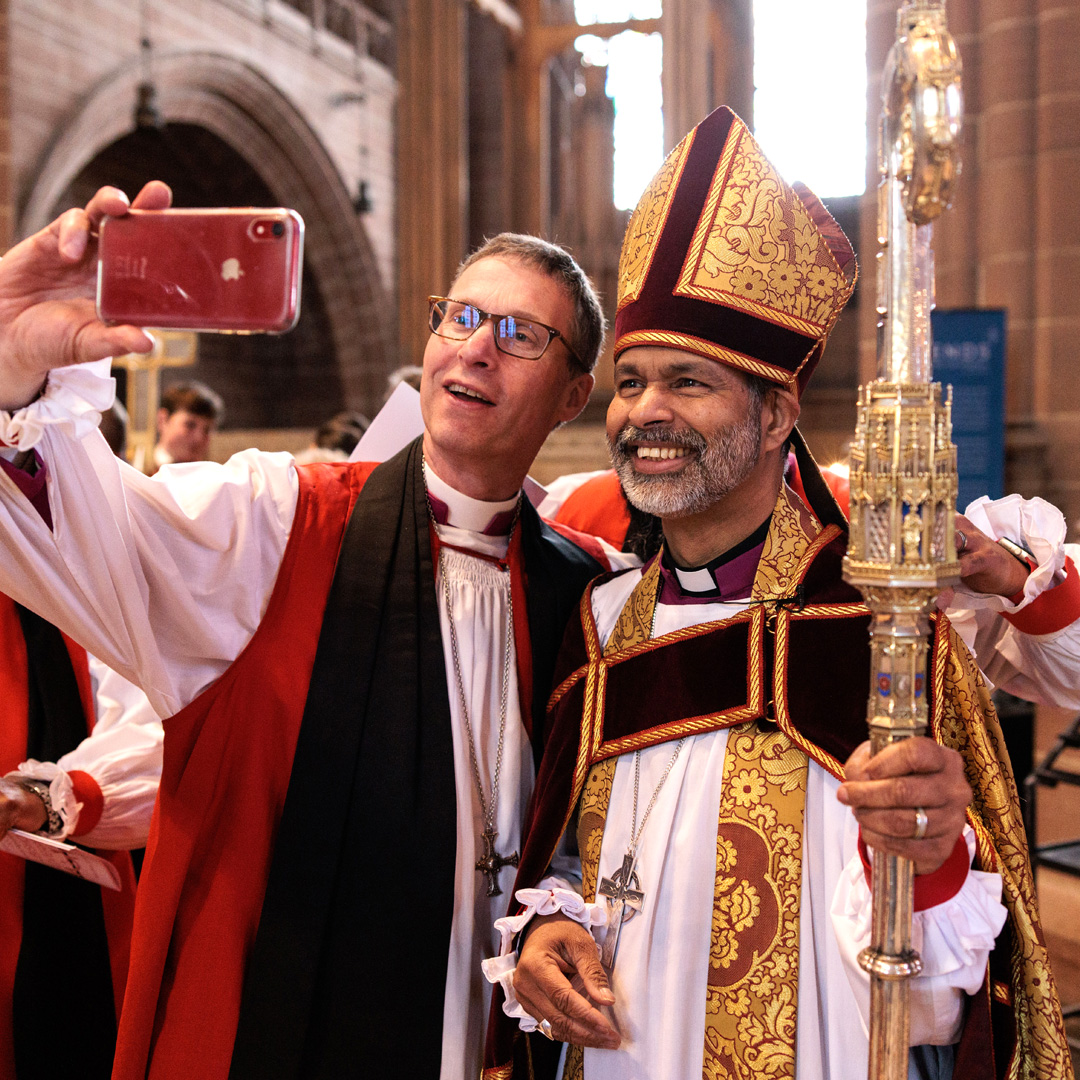 |
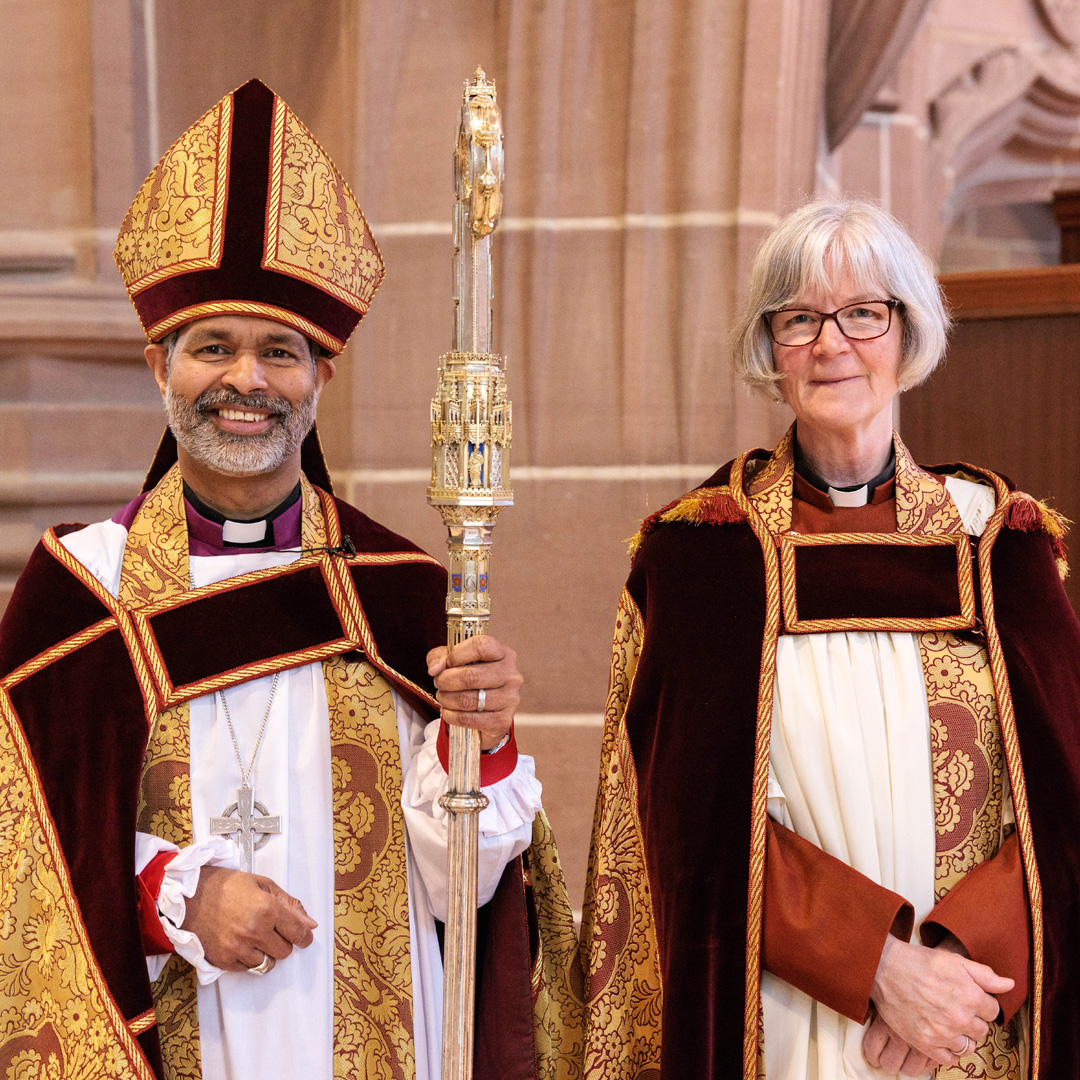 |
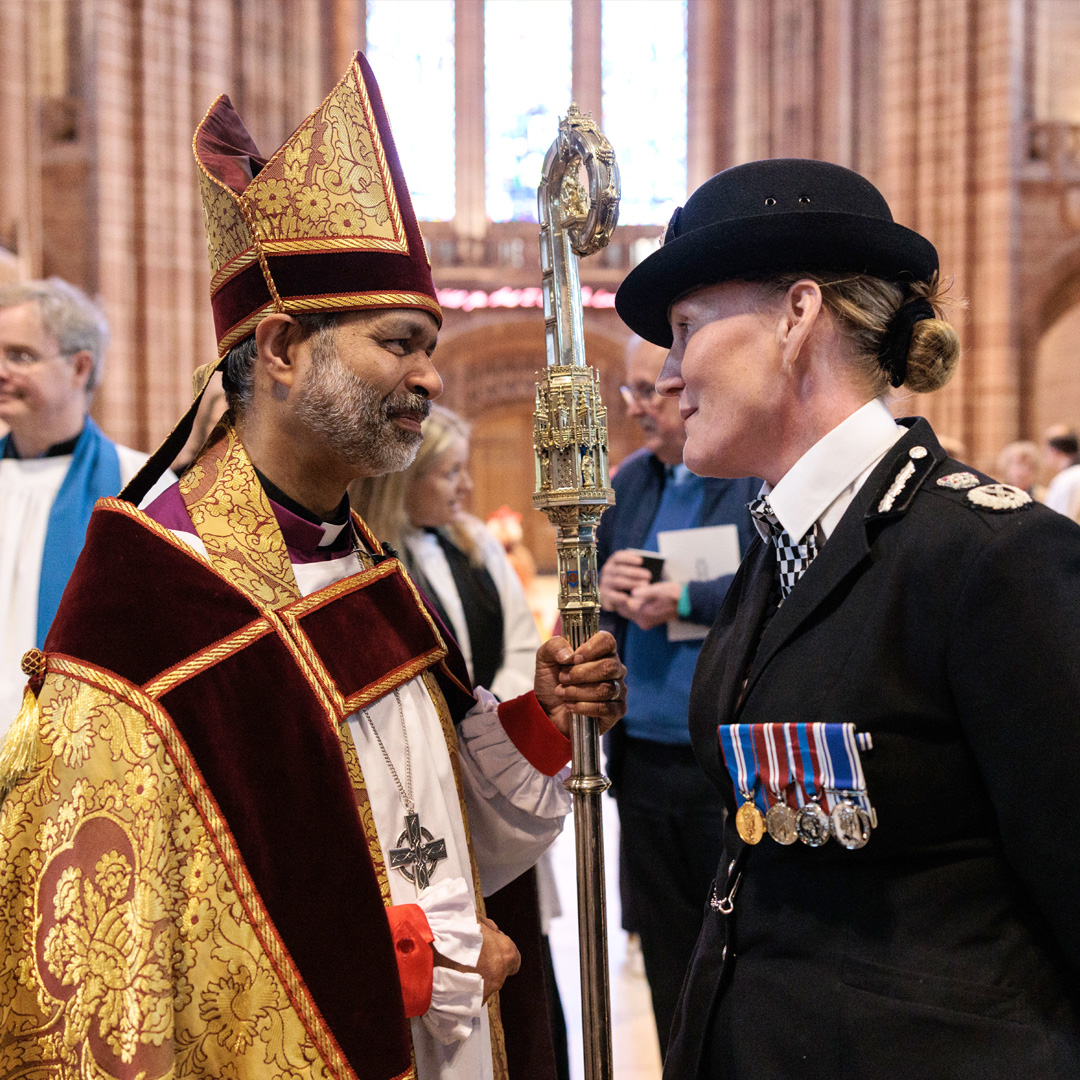 |
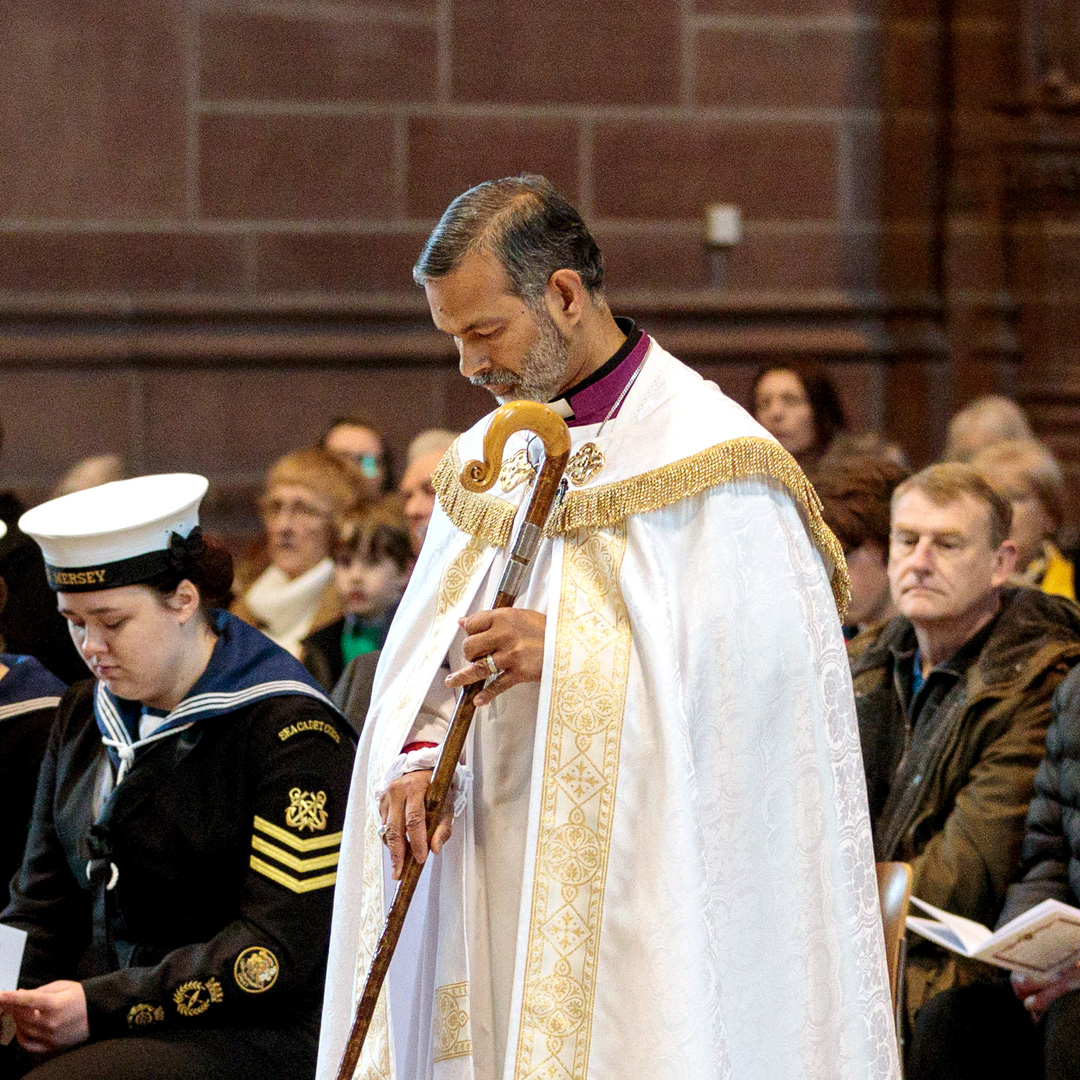 |
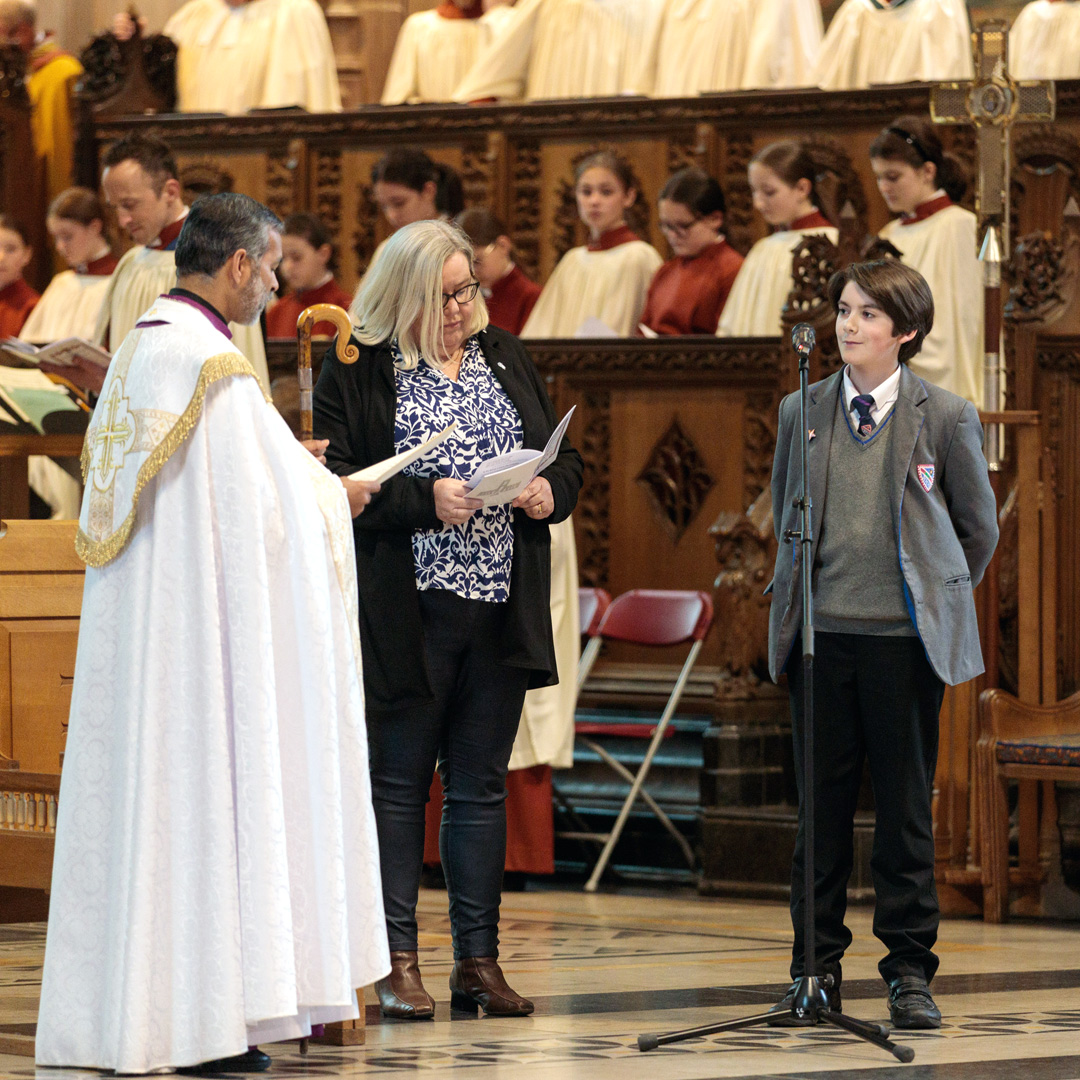 |
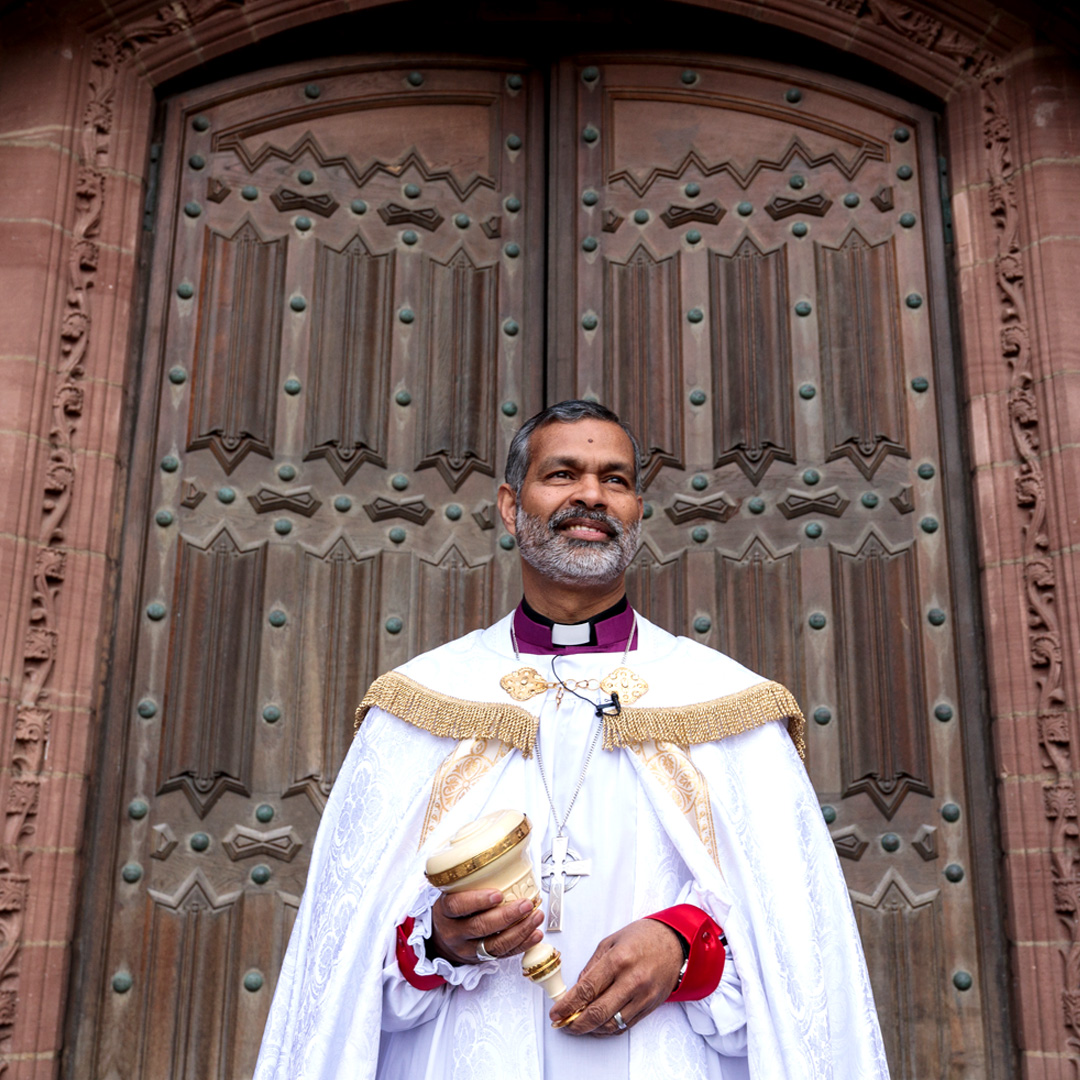 |
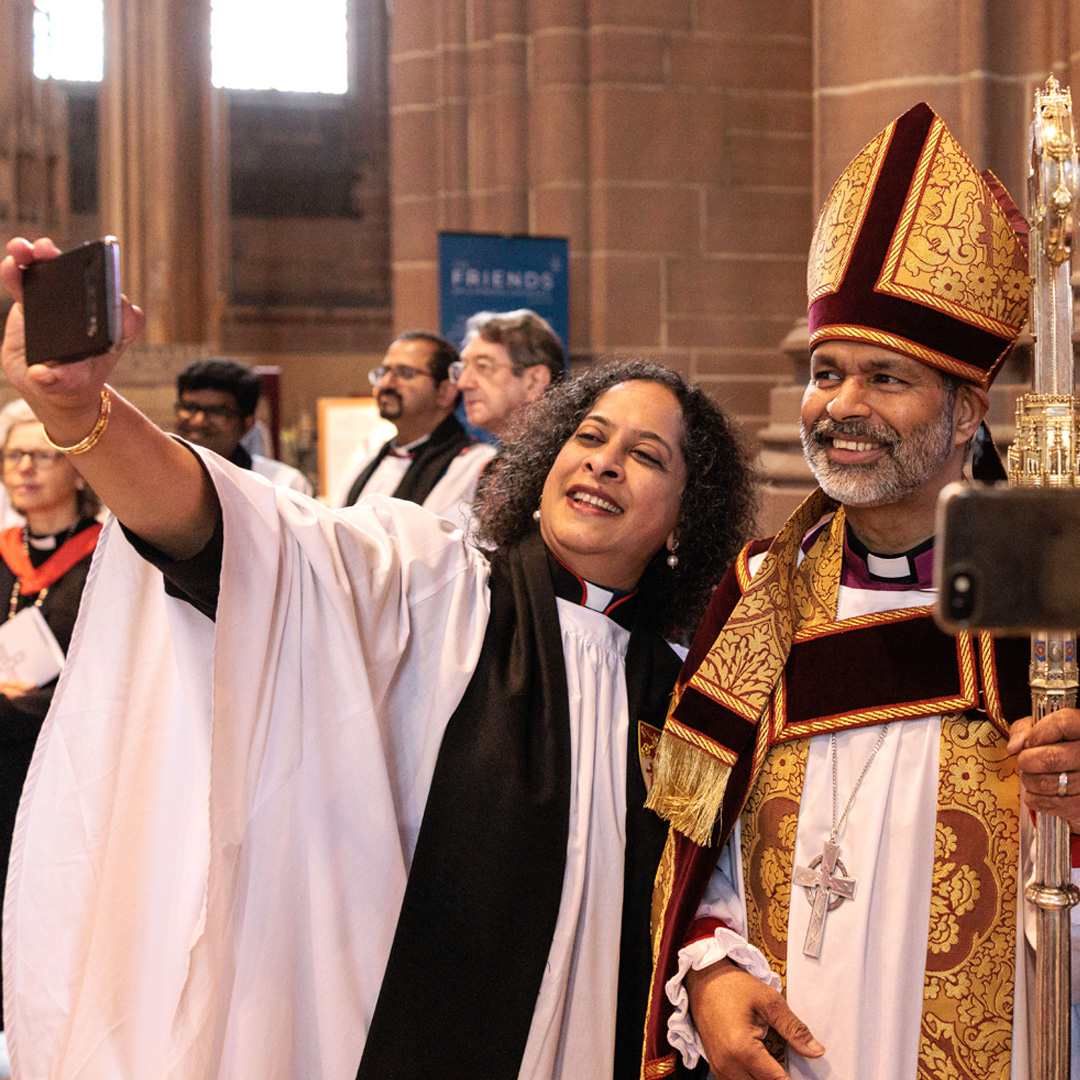 |
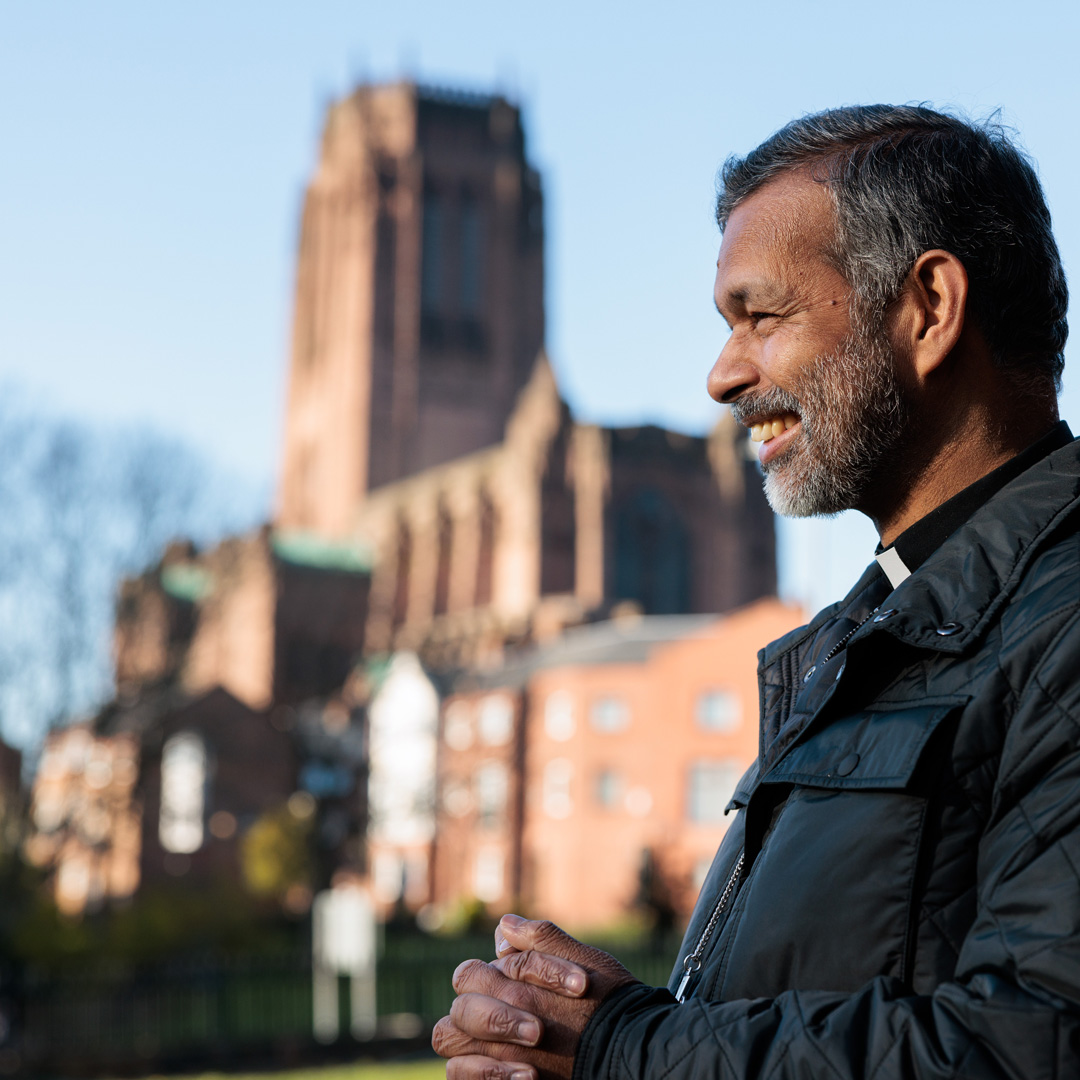 |